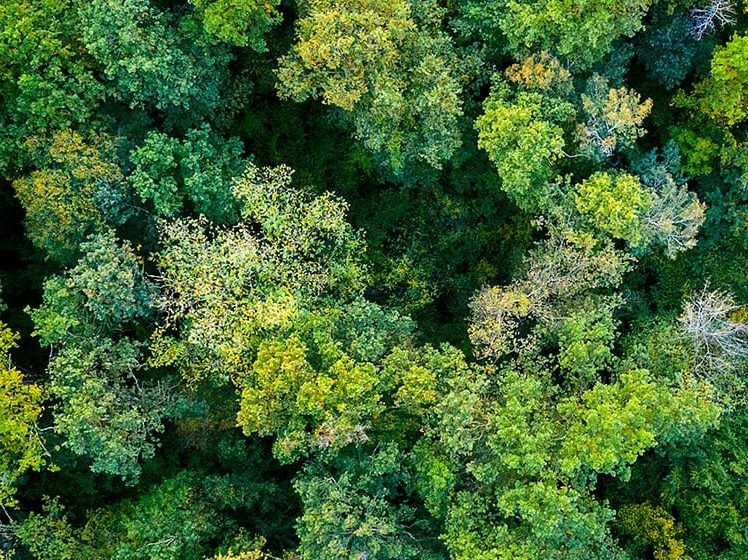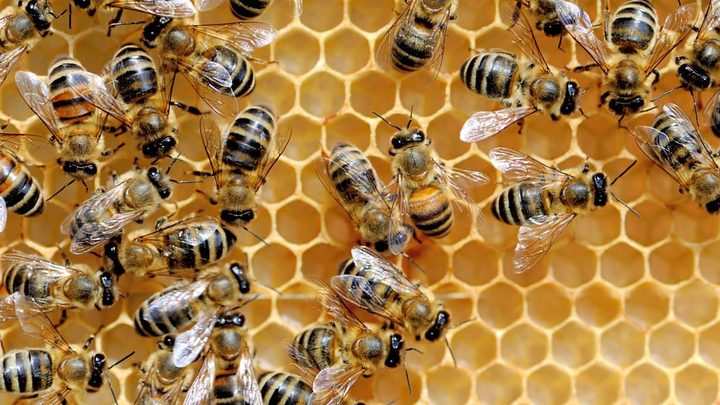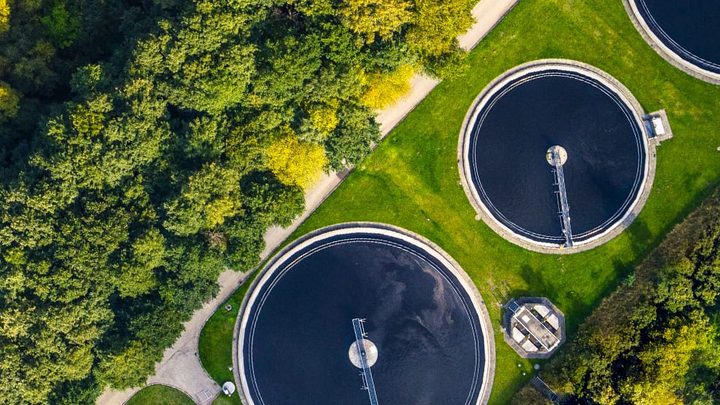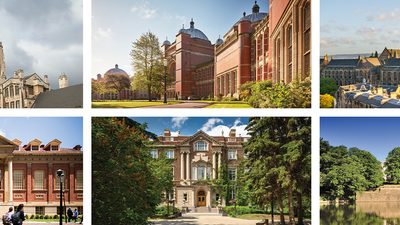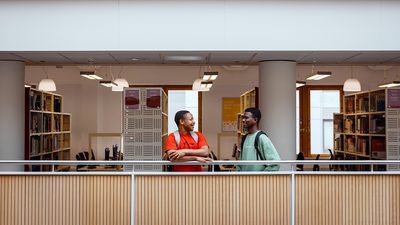We care about protecting the environment and we know our students do too. That’s why we were so pleased to see that many of our partner universities placed highly in the latest Times Higher Education Impact Rankings, including Arizona State University, which is in top 10 in the world!
What are the Times Higher Education Impact Rankings?
University sustainability rankings have grown in importance in recent years, and one of the most prestigious is the Times Higher Education Impact Rankings.
The Impact Rankings are unique, as they are the only performance tables to assess universities against the United Nations’ Sustainable Development Goals. There are 17 individual goals, which call on governments and institutions to protect the environment, end poverty and guarantee peace on Earth by 2030.
We’re sure everyone will agree that these are very noble aims.
Arizona State University
The 2024 Impact Rankings assessed over 2,100 universities across more than 100 countries and regions. That’s why it’s so impressive that Arizona State University (ASU) ranks #9 in the world for alignment with UN sustainability goals.
ASU is also #1 in the USA according to the overall rankings, as well as #1 in a Life Below Water category. In total, the University ranks in the top 10 in 4 different categories!
It’s easy to see why ASU has won such accolades. The University has partnered with global institutions as diverse as the Bermuda Institute of Ocean Sciences and the coffee chain Starbucks to deliver innovative environmental projects worldwide.
For example, the Allen Coral Atlas is a game-changing technology powered by ASU that has created habitat maps of the world’s shallow coral reefs. Delivered in partnership with Coral Reef Alliance, Planet, the University of Queensland and Vulcan, it is the first time such a detailed survey of these endangered habitats has been carried out.
The maps are freely available on the Allen Coral Atlas website, and are designed to empower communities and governments alike to reach their conservation goals.
Meanwhile, on ASU’s own Tempe campus, you can find the world’s first mechanical tree. 10 metres in height, this prototype mechanical tree absorbs carbon dioxide from the atmosphere just like a real tree. Carbon dioxide contributes to air pollution and accelerates the greenhouse effect, which is linked to global warming.
Worldwide expansion of the mechanical tree project could help to mitigate the greenhouse effect and global warming, and slow down environmental damage to the planet. Plus, once the carbon dioxide has been captured it can be stored and reused, rather than creating more gas.
University of Glasgow
It isn’t only the US making great progress in sustainability; our UK partners have been taking measures to protect the environment too and their efforts are reflected in the Impact Rankings. For example, the University of Glasgow in Scotland ranks a fantastic 3rd in the UK and 12th in the world!
The University also placed in the top 20 for 4 individual goals:
- Sustainable Cities and Communities
- Reduced Inequalities
- Life on Land
- Responsible Consumption and Production
This dedication is clear in the number of environmental initiatives taking place on campus. In biodiversity, Glasgow is already a silver-accredited Hedgehog Friendly Campus and is working on achieving gold, while the Beekeeping Society works to protect vital bee populations.
The University is also dedicated to improving sustainability in many different areas, including construction and food. For construction, this means all new buildings will be made to the highest environmental standards, including measures to minimise energy consumption and carbon emissions.
Meanwhile, Glasgow is committed to only serving food that’s as sustainable as possible on campus. As well as making improvements to provision of vegetarian and vegan options, the KeepCup initiative encourages students to carry a reusable cup. This helps to reduce the use of non-recyclable take away cups. Water bottle refill stations are readily available to students too, giving them a way to cut down on single-use plastic bottles.
The University of Glasgow also became the first in the UK to stop investing in harmful fossil fuels in 2014, aiming to reallocate £18 million worth of funds into more ethical investments by 2024, a target they are well on the way to meeting.
Bournemouth University
On England’s south coast, Bournemouth University (BU) enjoys a sustainability ranking of 8th in the UK and 42nd in the world according to this year’s Times Higher Education Impact Rankings. It also appears in the top 10 for the categories of Responsible Consumption and Production, and Decent Work and Economic Growth.
In the University’s Climate and Ecological Crisis Action Plan, it states 4 key values:
Responsibility
Taking action to address the climate crisis by reducing emissions and promoting positive change.
Inclusivity
Engaging with the local community to take action together.
Creativity
Taking inspiration from the environment to find ways to live in harmony with nature.
Excellence
Enrich society by taking urgent environmental action, leading by example and continually striving for improvement
As part of its commitment to these values, the University has ensured that all new buildings on its campuses meet high sustainability and biodiversity standards, such as including green roofs and bird boxes. This may help to explain how BU has managed to reduce carbon emissions by 45% over 15 years, beating its target by 2 years!
BU isn’t stopping there though — its ultimate goal is to reach net zero carbon emissions by 2030.
University of Essex
Meanwhile, the University of Essex is 14th in the UK and 58th in the world in the Impact Rankings. It also appears in the top 25 in a Reducing Inequalities category.
The University has shown a consistently strong approach to climate change, declaring a Climate and Ecological Emergency in 2020. In reaction to this, it has pledged to reach net zero carbon emissions by 2035. Essex has already made impressive gains in this area, cutting emissions by 28% since 2005.
It has done this by powering its 3 campuses with 100% certified carbon neutral energy, as well as generating 2.5% of its own electricity using solar panels.
Similarly to the University of Glasgow, the University does not invest in fossil fuel companies, but it is currently investing nearly £1 million per year into sustainability, in areas such as staffing, initiatives and projects. Sustainability also plays a key role in Essex’s strategy for 2019–25, with the university stating:
“Finding solutions for environmental issues is a key factor in the educational experience of each student”.
Share this quote
University of Liverpool
Finally, the University of Liverpool ranks a very respectable 19th in the UK and 88th in the world, while also placing in the top 10 for Peace, Justice and Strong institutions.
Liverpool has a target of reaching net zero carbon emissions by 2035, and reducing waste by 50% by 2025. It will also offer every student the chance to undertake a sustainability module or extra-curricular activity by the end of 2022. It is clearly well on the way to achieving this goal, as there are currently 400 students engaged in sustainable activities on campus!
The University sets out 8 key ambitions in its sustainability strategy, ranging from enhancing biodiversity and building a culture of sustainability activism on campus, to improving cycling and walking routes, and leading research to find innovative solutions to the most pressing environmental issues facing our planet.
This commitment to sustainability is demonstrated by the large number of initiatives that students can get involved with. For example, during Welcome Week, students will have the opportunity to join Sustainability in Action, an online course which introduces students to the UN sustainability goals and encourages them to develop their own related goals and skills.
Students at the University can also apply for a Sustainability Internship, gaining real-world experience with industry professionals, or volunteer with the Green Guild, where students can take part in green projects such as beekeeping or growing food in the University’s garden.
Study at one of the most sustainable universities in the USA or UK
If you care about the environment and want to study alongside others who feel the same, Kaplan can help you gain entry to all the universities in this list, as well as many others!
We guide international students through the university application process, offering advice on writing a successful personal statement and making sure you stay on track with important deadlines.
If your grades don’t currently meet the entry standards for your ideal US or UK university, you can take a pathway course. This is a type of university preparation course that allows you to improve your academic skills and English language level — when you successfully pass the course, you’re guaranteed entry to your chosen degree.
To get started, click on the tabs below to learn more about your study options and how to apply to some of the most sustainable universities in the US and UK. Alternatively, you can contact us with any questions and one of our friendly advisors will get back to you.

